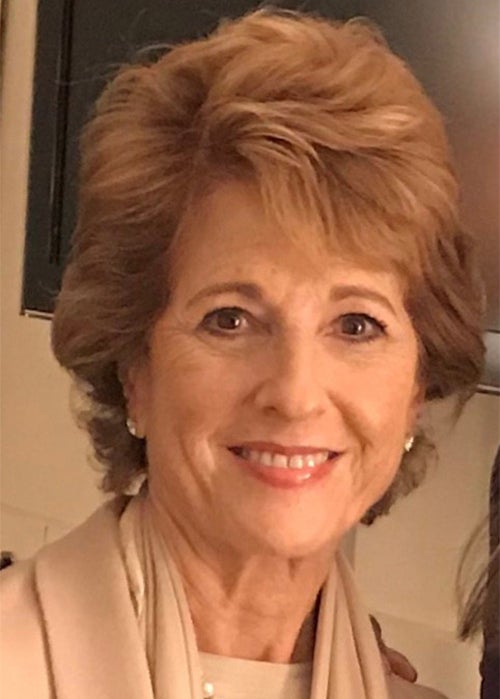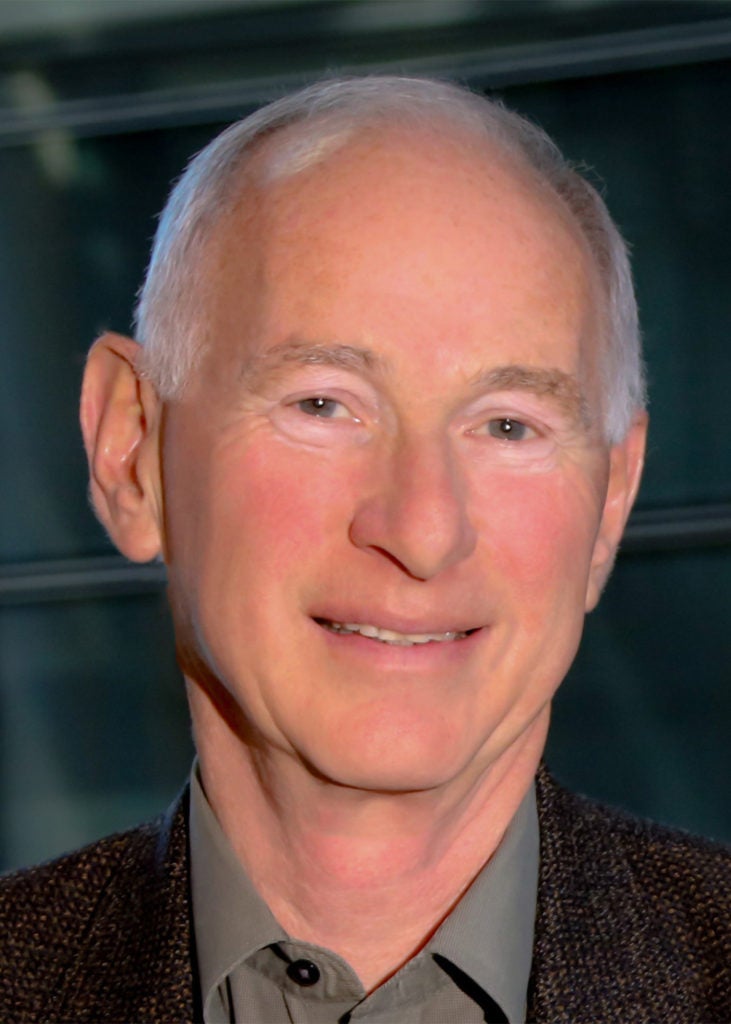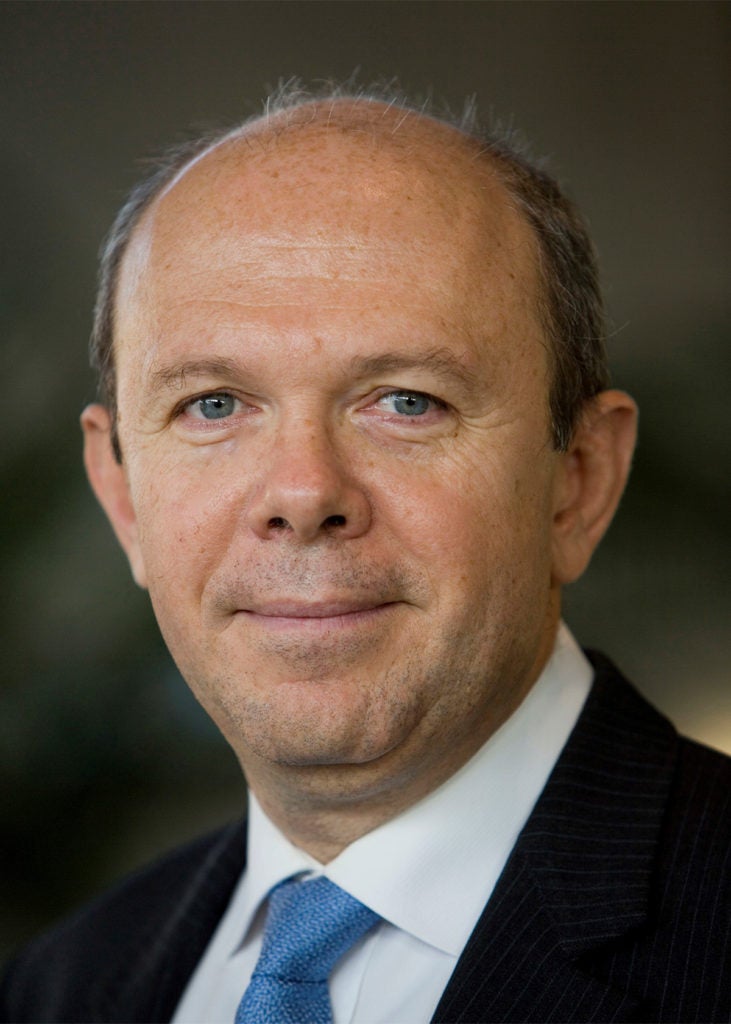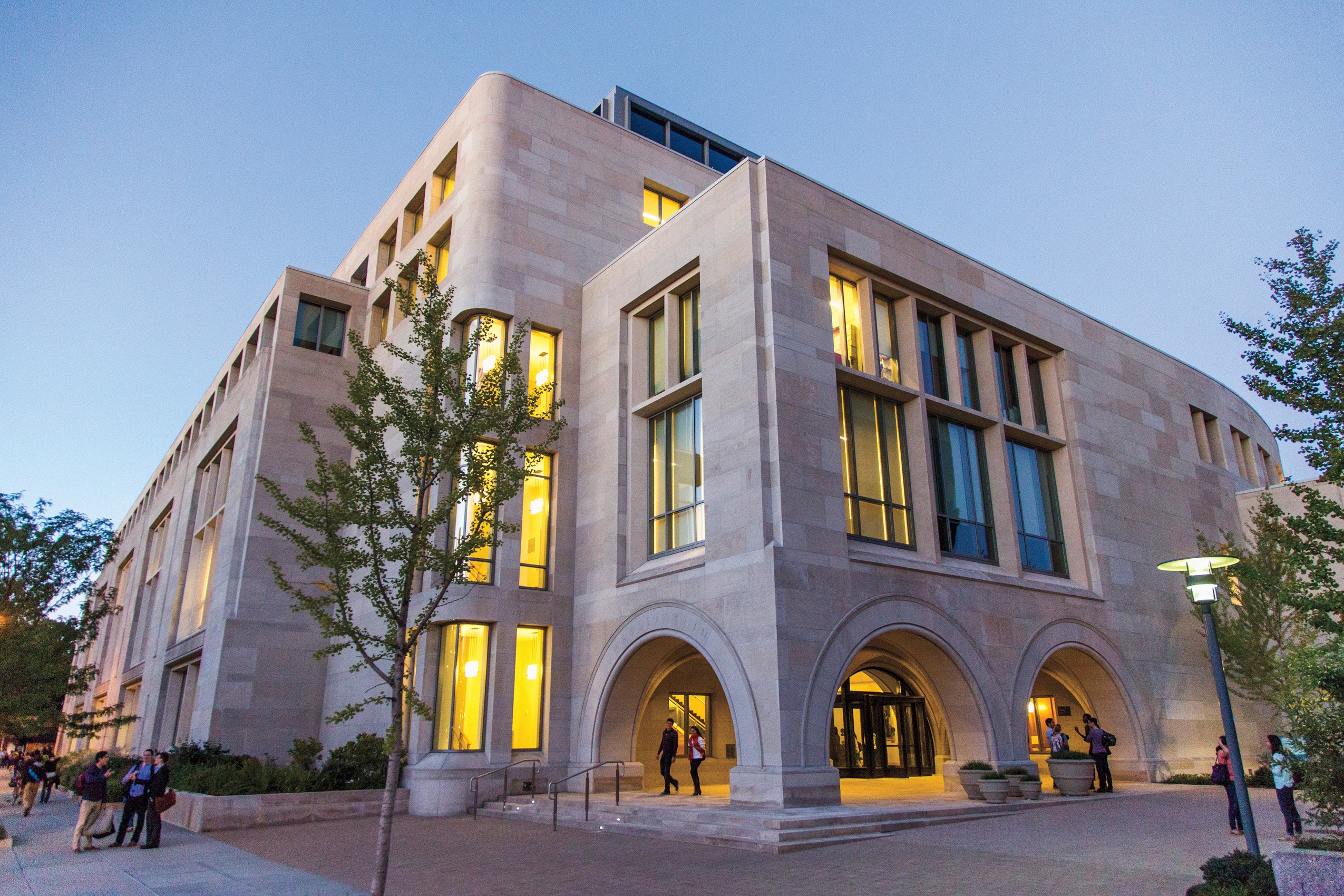On February 11, the Petrie-Flom Center for Health Law Policy, Biotechnology, and Bioethics at Harvard Law School announced the formation of its new advisory board.
The advisory board brings together national and international experts in health law policy, bioethics, and biotechnology to help advance the Center’s thought-leading, timely work.
The Petrie-Flom Center is one of the oldest and foremost health law and bioethics research programs in the country. It is dedicated to the unbiased legal and ethical analysis of pressing questions facing health policymakers, medical professionals, patients, families, and others who influence and are influenced by health care and the health care system. The Center hosts frequent seminars and events, runs Bill of Health, a health policy blog with an audience of 130,000 per month, and sponsors opportunities for students and junior career thought leaders to engage in health law and bioethics work. Current research projects sponsored by the Center focus on medical artificial intelligence, digital home health, law and neuroscience, advanced care, and global health and rights.
Advisors to the Petrie-Flom Center will provide support and advice to current programs and projects, and assist in the development of new initiatives, to ensure the Center’s continued impact on the delivery of health care and the implementation of cutting-edge technologies.
We spoke with three members of the advisory board, Gian Luca Burci, adjunct professor of International Law at the Graduate Institute of International and Development Studies; Michael Rosenblatt, senior partner of Flagship Pioneering; and Rina Spence, former president and CEO of Emerson Hospital in Concord, MA, to learn more about their expertise and vision for the Center.
Harvard Law Today: Can you talk about your background and the perspective you’ll bring to the Petrie-Flom Center’s advisory board?

Rina Spence: My background is in hospital management, but over the years, I’ve evolved into other areas of health care, and in the last few years I have focused a lot on artificial intelligence, machine learning, and its implications for institutions and for health care and for the industry. And so what I think I bring to the Center is some of the hospital experience and management experience, but also the thinking about AI, machine learning, and the issues that it raises when we try and implement it with patients and with physicians in the real world.
Gian Luca Burci: My background is a mix. I’m not an academic by career. I spent most of my professional life as a lawyer in various international organizations – the International Atomic Energy Agency at the beginning of my career, and then 10 years in the Office of the Legal Counsel of the United Nations in New York, and 18 in the World Health Organization, ten of which as its legal counsel.
At the same time, I’ve always tried to keep sort of a quasi-academic space beside my professional life. And so that facilitated my movement to academia when I decided to leave WHO five years ago. I joined as an adjunct professor at the Graduate Institute of International and Development Studies. Health is one of my areas of teaching and research.
The area where I can contribute to the Petrie-Flom Center is in bringing more of the global health law perspective.
Michael Rosenblatt: I’m a physician-scientist and I’ve had a career that has been about half and half in academia and industry, and I’ve had leadership positions in each of those domains. Within academia I have been the dean of a medical school and I’ve been the president of a hospital in the Boston area. And in industry, I’ve been both in big pharma and in the biotech venture sector. So I’ve been around health care, and see it through several lenses, and I’m hopeful that that will enable me to contribute to the Center.
HLT: Michael, you’re Senior Partner of Flagship Pioneering, which has incubated a number of health and tech startups; a recent, notable example being Moderna. Can you give some of the backstory behind that?
Rosenblatt: We try to create companies that are so-called platform companies. So, we don’t start a cancer company or an immunology company. We start companies based on technologies, and those technologies can go into multiple and simultaneous therapeutic areas, and usually areas where there’s not a lot known, and there isn’t a lot of activity. And Moderna is out of that mold.

We begin our internal process by asking the question: What if? And for Moderna, the question was something along the lines of, what if you could make the body into a factory that made for itself something that it needed? How would you do that, and what is it that you would make?
And the answer was, well, if you could put messenger RNA into some of the cells of the body, you could get things produced by your own cells. Ten years ago, when that started, there was a huge amount of skepticism that, for many reasons, it would not be possible to use mRNA that way. And so Moderna has worked on that problem for a long time.
And then the answer to what would you make with it? Well, the first wave of things that are coming, as everybody knows now, are vaccines.
This is a whole new technology that clearly is going to play an important role globally in curtailing the pandemic. But then in the long-term I think this technology is going to be applicable to many other vaccines, either for infectious disease, or personalized, for things like cancer, or it will help us make proteins and other biologicals that the body can use that aren’t vaccines.
HLT: Can you describe some of the challenges and successes happening behind the scenes as Moderna developed its COVID-19 vaccine?
Rosenblatt: I think what most people don’t realize is the active ingredient, if you will, is the messenger RNA, but much of the work was done on packaging it in these bubbles, these lipoprotein nanoparticle bubbles. And without that, the mRNA wouldn’t be able to travel in the body and get into the cells that it needs to get into. So that was a set of challenges.
Developing the vaccine very quickly, without cutting corners, there was a lot of thought given to that. They chose a path which was unconventional. Without knowing all the data of how well it worked, if the vaccine was deemed safe in phase one, they said, we’re going into phase two. Each leap forward in clinical trials was done at development risk, not at patient risk, because safety was the focus.
And, it’s a brand new technology. So whatever challenges one has in inventing a new drug or inventing a new vaccine, you have that plus the additional challenges of a new technology, because there’s no pathway forward in how to do it, there’s no regulatory path, because we’re putting things into the body that have never been put into the body before.
And then obviously we were operating in an atmosphere that was so much more complex than the ordinary development of a new vaccine. The world wants it. The world wants it in a hurry. We had an election about to occur. There was a lot of interface with the government. There were potential pressures from the government. And I would say that Moderna really handled that right.
HLT: Gian Luca, you served as Legal Counsel for the World Health Organization from 2005 through 2016, and in that time, were involved in WHO’s response to the 2009-2010 H1N1 influenza pandemic, as well as the 2014-2016 Ebola outbreak. How have those experiences shaped your view of the COVID-19 pandemic?
Gian Luca Burci: First of all, I think that the WHO of 2020/2021 is different, and in my view, better, than the WHO of 10 years ago. There was clearly a perception of a lack of preparation, lack of resources, of the lack of a more operational mentality within the organization.

I participated at the very inception of the establishment of the WHO Health Emergencies program, which has become the operational arm of WHO in response to health emergencies. And it’s good to see that it’s standing the test of COVID-19.
The other aspect that very much shaped my thinking is that the organization sometimes suffers from tunnel vision. There must be a better integration of the system of health security and international health regulations in broader policy and legal frameworks. And COVID-19, I think, has demonstrated it. The disaster is not just health – it’s human rights, it’s economic development, it’s trade, it’s financial relationships, and so on. And all these things, in a way, are outside the bounds of what WHO can do, but the health measures, sometimes, are causal agents for this disaster. So there has to be better integration and better dialogue.
HLT: Rina, the COVID-19 pandemic has highlighted the many challenges facing hospital administration. Looking ahead, how do you think hospital administration might change in response to issues highlighted by the pandemic?
Spence: Hospitals have to be very well managed and organized. Under COVID-19, that idea expands tenfold. And so I think the operations role in an institution, which has always been important, is essential.
I think there has to be much more of a public health approach in this country. We don’t have the experience of national health, obviously, but we have to have the experience of public health.
We have to know how to implement and institutionalize something across the board and rapidly. So I think what this has taught us is we are pretty fragmented and disconnected.
HLT: What are you looking forward to about being a part of the Petrie-Flom Center’s advisory board?
Burci: I think COVID-19 has demonstrated, if there was any doubt, the interconnectedness of national and international interests. I mean, the idea that the two things can be separated, even at the level of healthcare, is becoming an illusion.
And so if I can help to explore this interconnection from a governance perspective, maybe bring in some knowledge on the WHO perspective, the institutional perspective, human rights issues … that’s something that, in an American environment, could be interesting to discuss and to develop further.
Spence: I find the other members really interesting. And I think that we will contribute, as a group, to the Center, but also I will look forward to the interaction with the members of the board itself.
Rosenblatt: For me, the things that motivate me are the mission and the people. The Petrie-Flom Center is not shying away from taking on some of the most important issues that I would describe as interfacial issues between invention, innovation, regulation, interests of patients. You’ve got a blend of science and society and ethics; that’s where the Center has gone, I think very boldly and in a very timely way.
